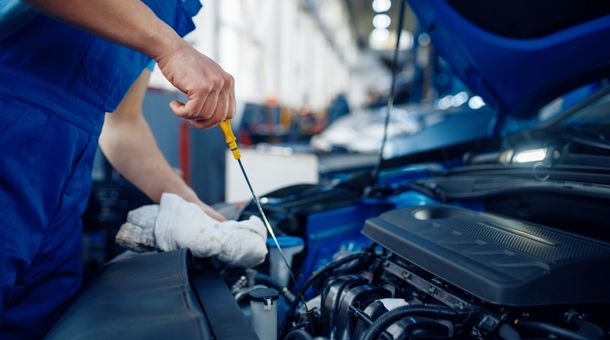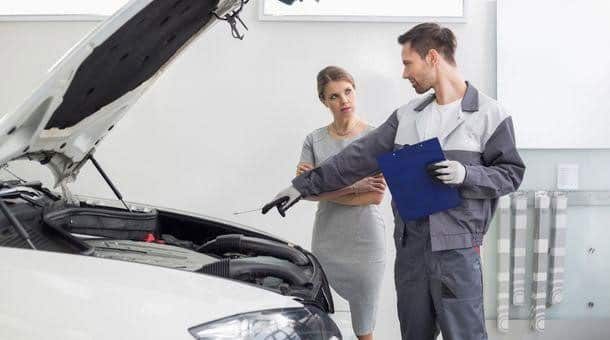
Cars are the one that gets you towards your goal. As you’ve probably guessed that a car is not an investment worth making since it is likely to lose value quickly. Fortunately, you can do things to stop it from occurring that quickly – keep the vehicle in good condition.
They are right when they say that “Your car will serve you properly if you serve your car properly” that means that regular maintenance of your vehicle will provide long-term benefits for you.
These are my 7 best Car Maintenance Tips covering everything from the simplest items to more complicated situations:
Top 7 Best car Maintenance tips:
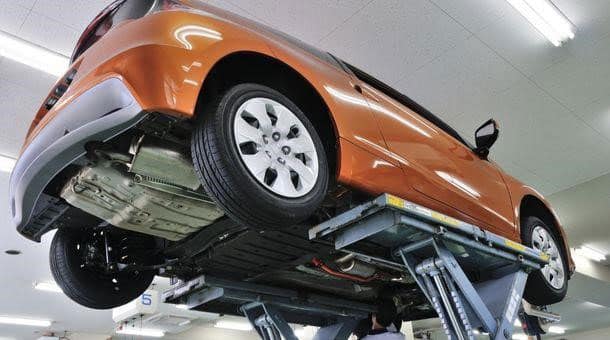
1: Be patient throughout the break-in period
You’ve purchased your dream car, and now you’re looking to ensure it will last for as long as you can in good condition. Here are some tips to keep in mind when you take it from the dealer’s garage:
- During the time of break-in generally, the first 1,000 miles (1,600 km) ensure that you maintain your speed at a minimum of 55 mph (88 kph) or at the speed suggested by the car’s manufacturer.
- Avoid loads that are too heavy onto the train’s drivetrain, like towing trailers, or filling the trunk or roof rack with construction materials that are heavy.
- Don’t allow your brand new vehicle to sit idle for long periods of time. This is a great idea to prolong the life of your vehicle and especially during the break-in phase. The pressure of oil produced by this process might not be reaching the entire engine.
- Make sure to use only moderate to light acceleration, and keep the engine’s speed below 3,000 rpm in the initial few days of driving.
2: Keep Up On Routine Car Maintenance
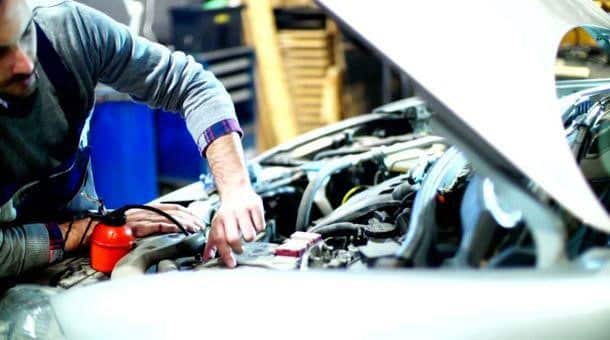
Although it might seem as if this should be a matter of being mentioned, routine Car Maintenance is so crucial that we must mention it here. Your car is composed of complicated systems that comprise many different parts working together.
In time, these components will get worn out and degrade because of the amount of friction and heat generated through the process of driving.
If any of these components cease to function, they may cause a chain reaction, which can lead to excessive heat, damage to the vehicle itself, and eventually its failure. When the issue is discovered you’ll face enormous costs, long repair times, and possibly having to buy a brand new vehicle.
Bring your vehicle in for regular car maintenance can help to avoid this hassle. Lubrication as well as brake pad replacements and inspections all help to make sure your car runs smoothly and securely.
Additionally, the technician will be able to determine which parts require repairs or replacement. Also, you’ll save money by avoiding costly repairs.
Make sure you follow the recommended car maintenance schedule in your vehicle’s owner’s manual for the most reliable guide to car maintenance. Also, consult an experienced mechanic about any issues you’re planning to budget for.
3: Drive with Care
The road can be rough on your vehicle. You can avoid and reduce the wear and tear on your vehicle by being kind on your car while driving which is main in car maintenance tips:
- Slowly accelerate and stay clear of potholes.
- Avoid slamming on your brakes.
- Eliminate idle.
- Change to neutral when you see the red light.
- Do not pull the steering wheel towards extreme lefts or rights.
If you follow these guidelines by following these tips, you’ll be able to maintain your vehicle’s components in top shape for a longer period of time.
4: Keep Your Tires Properly Inflated
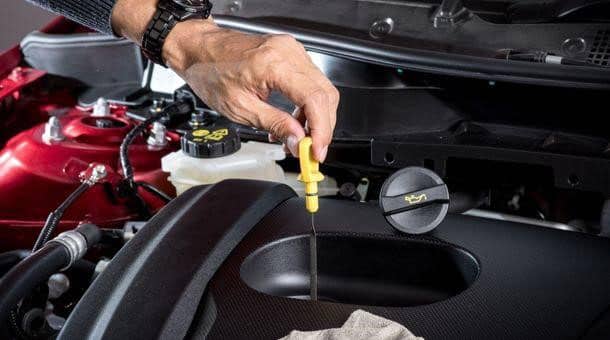
A staggering 36% of vehicles have tires that are less than those recommended by pressure of psi (pounds for every square inch).
Verify Your tire’s pressure regularly using a gauge for your tires to make sure that the pressure is in line with the specifications the manufacturer suggests.
If you drive with tires which aren’t properly inflated, your car’s fuel efficiency could be affected by as much as 2 percent for every kilogram that tires are not properly inflated.
5: Check and maintain your car’s Battery
When it comes to tips for car maintenance of your vehicle this is one of the most crucial. The battery of your car is the power source for every electrical device, lights, and most important, it powers the engine that begins the engine whenever your key is turned.
When your battery’s condition is bad condition, you’ll likely end up in a bind because the car won’t turn on.
Prudence is more effective than indulgence, therefore it is recommended to test and replace your car battery every two to three years.
Within this time frame it is important to regularly test the battery’s level of fluid when it’s an acid-based battery.
It is also important to maintain the charge on your car battery in the event that you do not use your vehicle for an extended duration. A low battery charge can kill the battery quickly during colder temperatures.
6: Check and replace your Engine Oil regularly
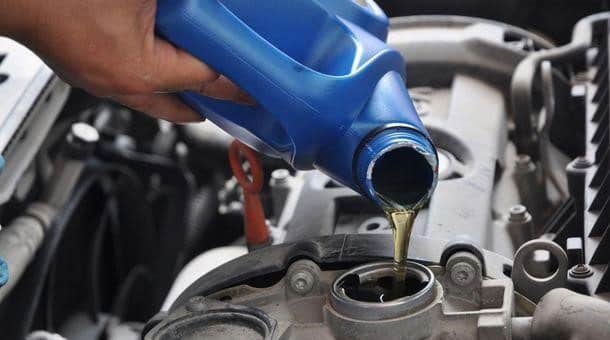
The engine of your car relies on oil to lubricate it and the longevity of the internal components of your engine and transmissions is dependent on oil.
Each book of tips for car maintenance for your car comes with the need for a prompt oil change.
A car that has no oil can eventually fail and need major repairs, which will come at a steep price. Sometimes, even the engine needs to be replaced.
It is crucial to verify the condition of your engine’s oil. If you observe that the oil has changed to black, it’s the time to make the oil to be changed.
Also make sure to change the oil following having driven the distances that are indicated by the oil maker on the reservoir for oil.
If there’s the possibility of an oil leak Repair it immediately. Do not drive in a car with a low oil level.
7: Check and Maintain Fluid Levels
We’re talking about car maintenance tips another one that power steering fluid brake fluid, transmission fluid and the coolant inside your vehicle. All of these fluids are equally essential to your engine as engine oil.
The power steering system in your vehicle will not operate properly if the hoses or pump are leaky or there isn’t sufficient fluid inside the reservoir.
The transmission fluid is crucial to the transmission the same way engine oil is to the engine. If you have a low level of transmission fluid it can cause major issues with your transmission which can cost a lot to fix.
Coolant’s role is of ensuring that the engine’s temperature is maintained. So, all the fluids must be at a full level and, if there’s any leaks, they should be fixed as quickly as is possible.
Go through the repair manual or your service guide to locate the various reservoirs of fluid within your engine bay be careful that you should not open your coolant if the vehicle is hot.



